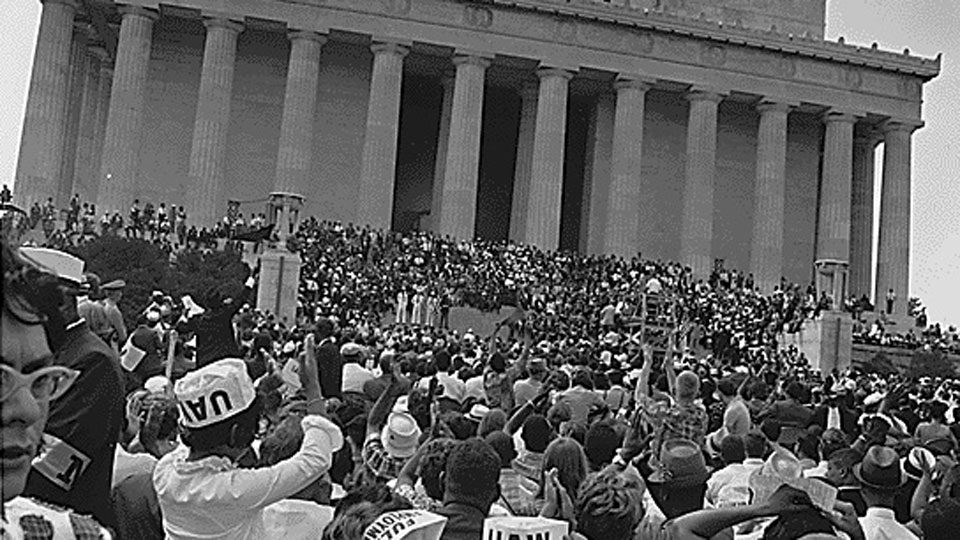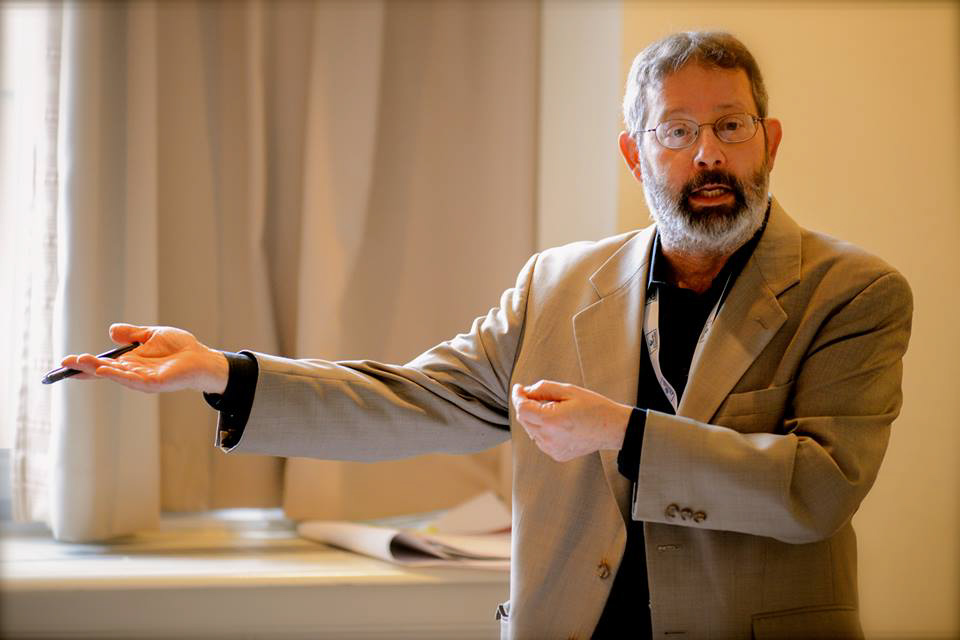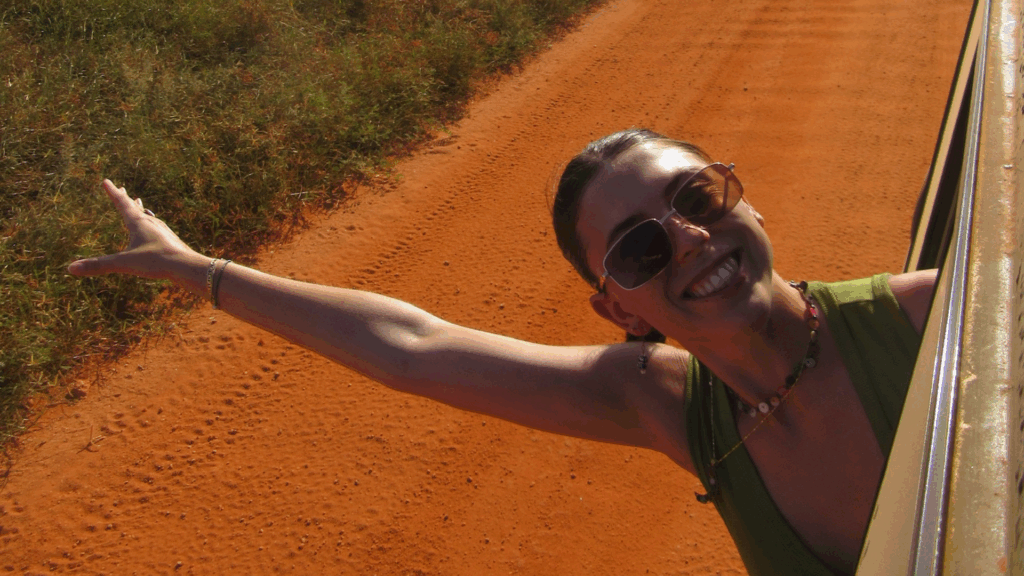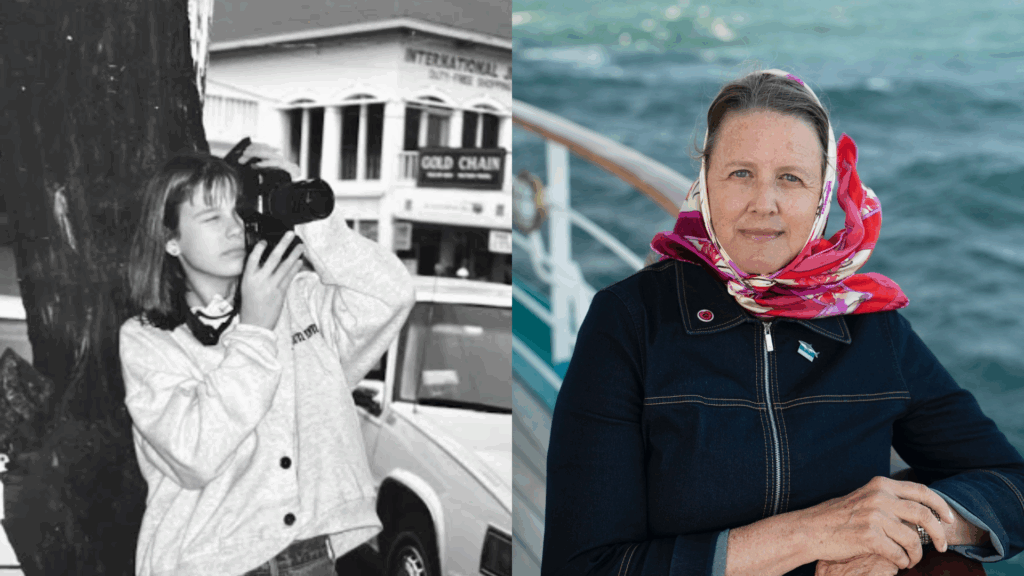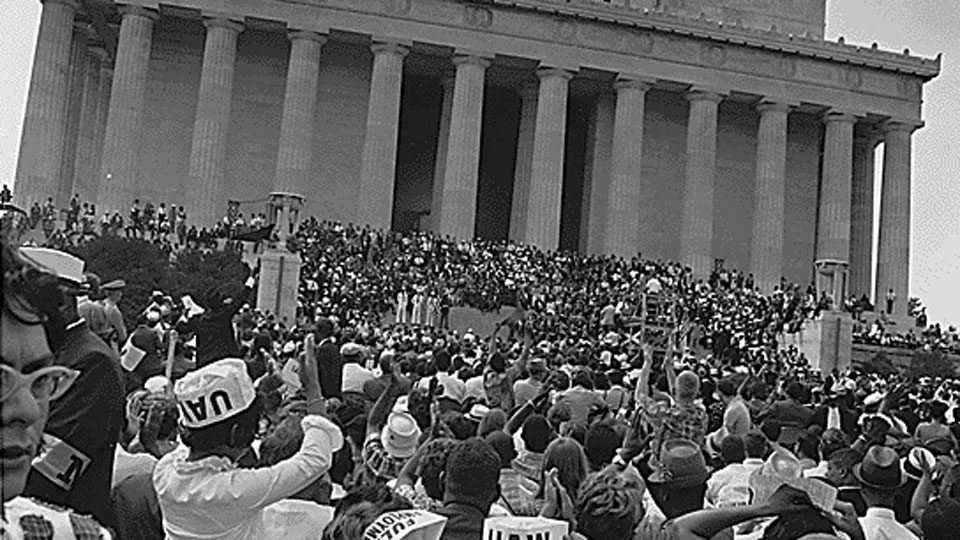
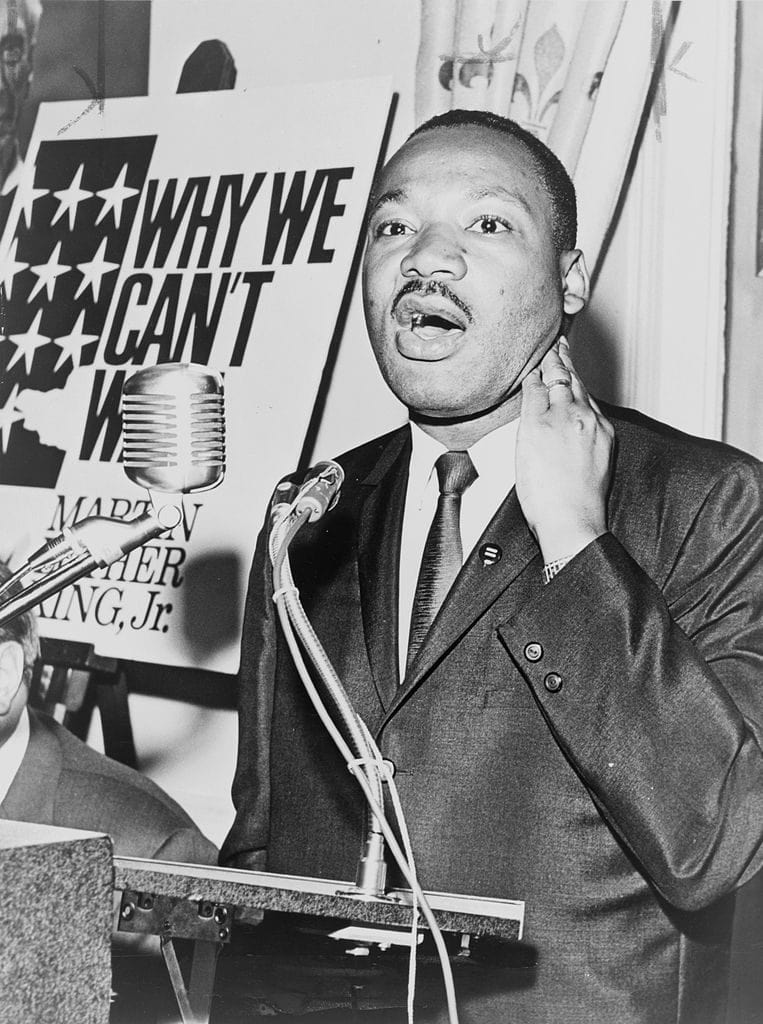 Fifty years ago today, August 28th 1963, civil rights leader Dr. Martin Luther King Jr. delivered his now famous speech “I Have a Dream” before more than 250,000 people gathered in front of the Lincoln Memorial in Washington, D.C. It is considered one of the most important speeches in American history, an impassioned demand for equal rights and justice for all citizens, regardless of the color of their skin. Semester at Sea (SAS) asked some of its students,faculty and staff how Dr. King’s speech has impacted them these 50 years later, what their dreams are for the future and how SAS can continue to work towards developing tomorrow’s global citizens.
Fifty years ago today, August 28th 1963, civil rights leader Dr. Martin Luther King Jr. delivered his now famous speech “I Have a Dream” before more than 250,000 people gathered in front of the Lincoln Memorial in Washington, D.C. It is considered one of the most important speeches in American history, an impassioned demand for equal rights and justice for all citizens, regardless of the color of their skin. Semester at Sea (SAS) asked some of its students,faculty and staff how Dr. King’s speech has impacted them these 50 years later, what their dreams are for the future and how SAS can continue to work towards developing tomorrow’s global citizens.
What does the “I Have a Dream” speech mean to you?
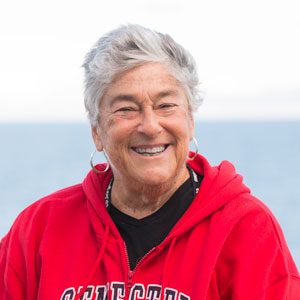 About a year before the March [on Washington], I marched with Martin Luther King when I was in Boston at the Boston Common. I remember at the time being worried about it; I was sure that we were going to be beaten or arrested, but I just knew I had to go. When the March happened the next year, I wasn’t able to go but I was glued to the whole thing. It was such a beautiful oratory, it just encapsulated everything that people had been working for, for all of those years. It was like a catalyst. It means a lot to me now because students know it, they’ve heard it. It articulates all that we aspire to around race and ethnic relations and about social justice and social equality. The importance to me also is he was a poverty fighter, he was just not about race. People forget that. [His speech] is about social inequality, which is getting worse in the United States. Everything articulated is even more relevant today and will be for a long time.
About a year before the March [on Washington], I marched with Martin Luther King when I was in Boston at the Boston Common. I remember at the time being worried about it; I was sure that we were going to be beaten or arrested, but I just knew I had to go. When the March happened the next year, I wasn’t able to go but I was glued to the whole thing. It was such a beautiful oratory, it just encapsulated everything that people had been working for, for all of those years. It was like a catalyst. It means a lot to me now because students know it, they’ve heard it. It articulates all that we aspire to around race and ethnic relations and about social justice and social equality. The importance to me also is he was a poverty fighter, he was just not about race. People forget that. [His speech] is about social inequality, which is getting worse in the United States. Everything articulated is even more relevant today and will be for a long time.
, Elaine Leeder, faculty, Sonoma State University
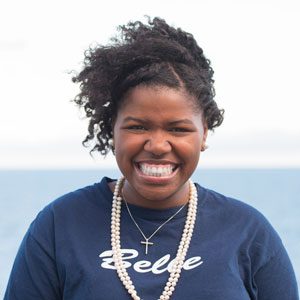 For me, now, it’s a speech about hope and progressing and going forward in life and in culture, especially American culture. We’ve progressed a lot [as a nation] from slavery to now having an African-American president. So when I think about “I Have a Dream Speech” it really speaks to us and tells us how we should be as human beings.
For me, now, it’s a speech about hope and progressing and going forward in life and in culture, especially American culture. We’ve progressed a lot [as a nation] from slavery to now having an African-American president. So when I think about “I Have a Dream Speech” it really speaks to us and tells us how we should be as human beings.
, Justine Ryan, junior, Bennett College
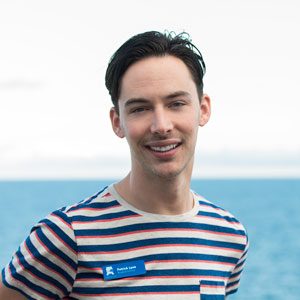 To me it’s the hope for a better future for all of us based on today’s reality. Yes, it has a place in historical time and history, but it applies no matter what. Challenging ourselves. Challenging our community to do more and to be more. In terms of my own identity, as a gay man, it’s definitely the civil rights issue of where are we, what progress have we made, where do we still need to continue moving forward.
To me it’s the hope for a better future for all of us based on today’s reality. Yes, it has a place in historical time and history, but it applies no matter what. Challenging ourselves. Challenging our community to do more and to be more. In terms of my own identity, as a gay man, it’s definitely the civil rights issue of where are we, what progress have we made, where do we still need to continue moving forward.
, Patrick Lynn, staff, Resident Director
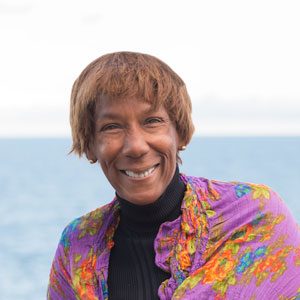 For me, the speech is specifically about the recognition that all of us are human beings, that we all have human rights and all of our human rights are equal. It doesn’t matter where you live, how you live, who you love, who your family is, how much money you have, we all start out being human beings. And to me, Martin Luther King was quite poignant in the fact that he was able to give that speech and allow people to see what he was talking about, that he was actually referring to our future in seeing children walking hand in hand.
For me, the speech is specifically about the recognition that all of us are human beings, that we all have human rights and all of our human rights are equal. It doesn’t matter where you live, how you live, who you love, who your family is, how much money you have, we all start out being human beings. And to me, Martin Luther King was quite poignant in the fact that he was able to give that speech and allow people to see what he was talking about, that he was actually referring to our future in seeing children walking hand in hand.
, Ariel King, SAS alumna Fall 1982, Pres. & Founder of Ariel Foundation Int'l
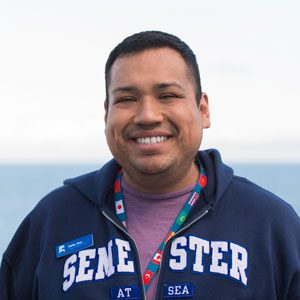 For me that means hope. That man had a hope of what tomorrow could be in his head. His dream was for all of us to be together, no color, no sexuality, no nothing, just to be a human race. It was empowering when he did it back then. He saw what the future could be. That’s what gives me hope: that one day we will become and we will see his dream come true. We’ve seen a little bit.
For me that means hope. That man had a hope of what tomorrow could be in his head. His dream was for all of us to be together, no color, no sexuality, no nothing, just to be a human race. It was empowering when he did it back then. He saw what the future could be. That’s what gives me hope: that one day we will become and we will see his dream come true. We’ve seen a little bit.
, Eddie Diaz, staff, Dean of Students
When you think about civil rights today, in 2013, what would you say your dream is today and for the future?
 I think kindness is a very important thing and often time people don’t think kindness is as important as knowledge and power. I think kindness can solve a lot of problems and it should be a value that people have in their minds and I hope that it can be spread more.
I think kindness is a very important thing and often time people don’t think kindness is as important as knowledge and power. I think kindness can solve a lot of problems and it should be a value that people have in their minds and I hope that it can be spread more.
, Anna Kuo, sophomore, Emerson College (from Taipei, Taiwan)
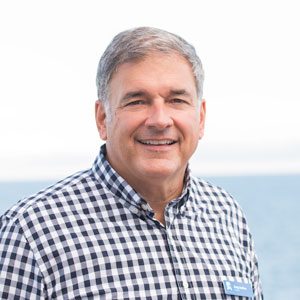 I believe in equality. I wish the world was more equal on all levels. And it would be wonderful to continue to see the representation of all groups on Semester at Sea continue to grow.
I believe in equality. I wish the world was more equal on all levels. And it would be wonderful to continue to see the representation of all groups on Semester at Sea continue to grow.
, Greg Justice, faculty, Virginia Tech
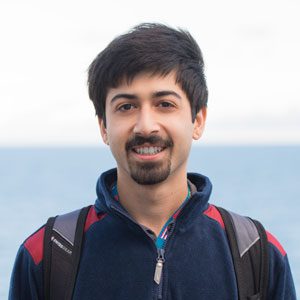
My dream, as a Muslim in the U.S., would be for people to actually find out for themselves what it’s like for Muslims to live in the U.S., what their lifestyles are actually like, and not only listen to the media or only read what’s in textbooks, but actually ask them. Textbooks don’t know what it’s like for each individual Muslim and it might be completely different. Muslims are very peaceful people and I feel like the media has distorted that image and it’s just important to expose oneself, not just to Muslims but to Judaism, Hinduism, Buddhism to every religion to really understand it.
, Talal Mohammad, junior, Univ. of Virginia
 My dream would be that we can become one for the future of humanity as a whole. America is no longer the vision of the Pilgrims that we were taught in school. I would push and say to ‘Accept the America of today because you’re going to be left behind if you don’t.’ Our gay brothers and sisters, our black, white, yellow, orange, whatever, we have to become one as a human race because all we have is each other at the end of the day. I would incorporate the words of [Martin Luther King's] dream and make them for today to become empowering and challenging. I believe there can be hope in change.
My dream would be that we can become one for the future of humanity as a whole. America is no longer the vision of the Pilgrims that we were taught in school. I would push and say to ‘Accept the America of today because you’re going to be left behind if you don’t.’ Our gay brothers and sisters, our black, white, yellow, orange, whatever, we have to become one as a human race because all we have is each other at the end of the day. I would incorporate the words of [Martin Luther King's] dream and make them for today to become empowering and challenging. I believe there can be hope in change.
, Eddie Diaz, staff, Dean of Students
How do you believe Semester at Sea can help facilitate better awareness of human rights and civil right on a global level among this voyage community and those of the future?
 I think a cultural awareness and sensitivity “talkback” session, with people of different cultures and backgrounds, is good so people can ask questions of one another, because not every person has a black friend or a Muslim friend or a gay friend they can go to and ask questions. A lot of times it’s just ignorance; you don’t know how to react or how to state what you’d like to say. This way people leave [the voyage] not just as global citizens, but as better citizens in general.
I think a cultural awareness and sensitivity “talkback” session, with people of different cultures and backgrounds, is good so people can ask questions of one another, because not every person has a black friend or a Muslim friend or a gay friend they can go to and ask questions. A lot of times it’s just ignorance; you don’t know how to react or how to state what you’d like to say. This way people leave [the voyage] not just as global citizens, but as better citizens in general.
, Justine Ryan, junior, Bennett College
 I think this opportunity gives students a chance to see outside themselves and beyond themselves. Even in the smallness of the ship, seeing students of such diverse experiences, be it universities, hometowns, countries, nationalities, sexual orientation, economic status, relate and come together in this unique environment. Being able to have those dialogues and conversations, and then being able to go in to those countries and have those students, many for the first time, experience significant culture shock and see the disparity around the world of privilege and access.
I think this opportunity gives students a chance to see outside themselves and beyond themselves. Even in the smallness of the ship, seeing students of such diverse experiences, be it universities, hometowns, countries, nationalities, sexual orientation, economic status, relate and come together in this unique environment. Being able to have those dialogues and conversations, and then being able to go in to those countries and have those students, many for the first time, experience significant culture shock and see the disparity around the world of privilege and access.
, Patrick Lynn, staff, Resident Director
 I’ve seen a lot of progress at Semester at Sea. I think there could always be more dialogue about issues of social justice and social inequality around race and gender and class, sexual orientation, transgender. I really appreciate that we have a curriculum filled with important subjects, but I'd like to see us integrate the curriculum so that diversity permeates every part of it.
I’ve seen a lot of progress at Semester at Sea. I think there could always be more dialogue about issues of social justice and social inequality around race and gender and class, sexual orientation, transgender. I really appreciate that we have a curriculum filled with important subjects, but I'd like to see us integrate the curriculum so that diversity permeates every part of it.
, Elaine Leeder, faculty, Sonoma State University

I would like to have a world panel where people from all disciplines come together to discuss what’s going on in this world. So far, I’ve met a kid from India and China and I think that’s really cool. I’ve never met someone from Hong Kong and I’d like to know what it’s like for them. Even without going to any port we’re also seeing each other’s lives from around the world.
, Talal Mohammad, junior, Univ. of Virginia

I’d like to see the Institute for Shipboard Education to forge even more international relationships and to continue to do that on a more strategic and long-reaching international basis as it moves toward the next 50 years.
, Ariel King, SAS alumna Fall 1982, Pres. & Founder of Ariel Foundation Int'l
(Historical photos courtesy of Wikimedia Commons)
